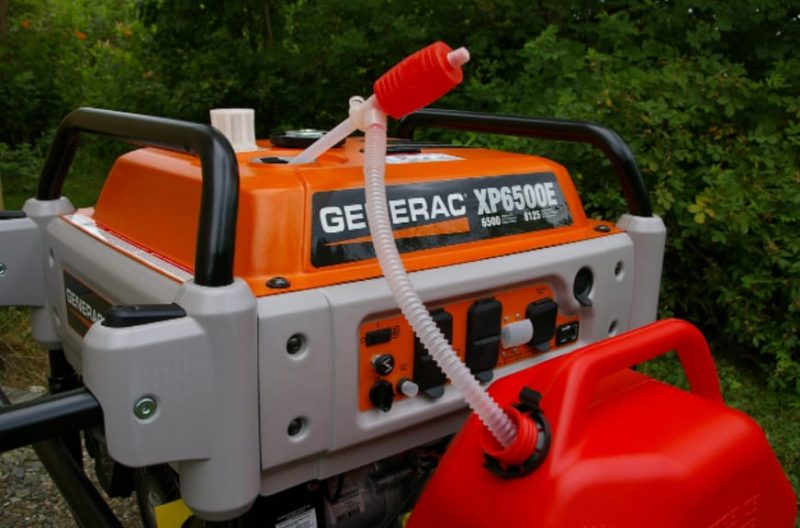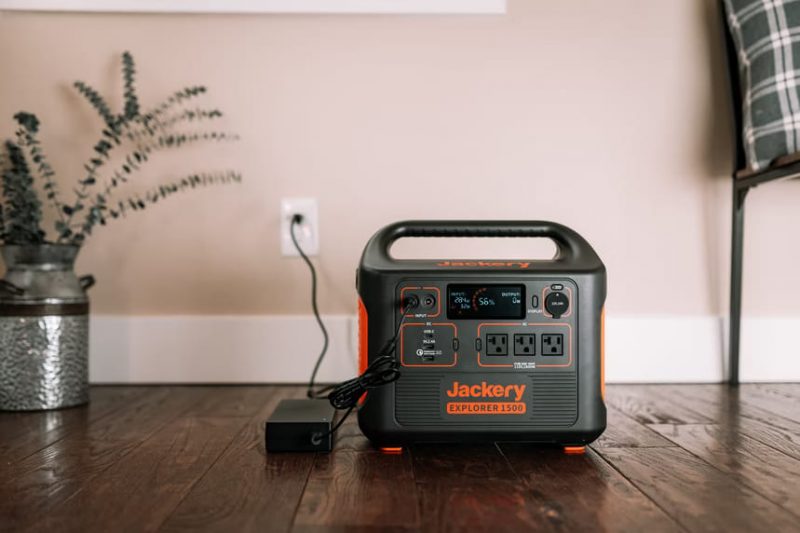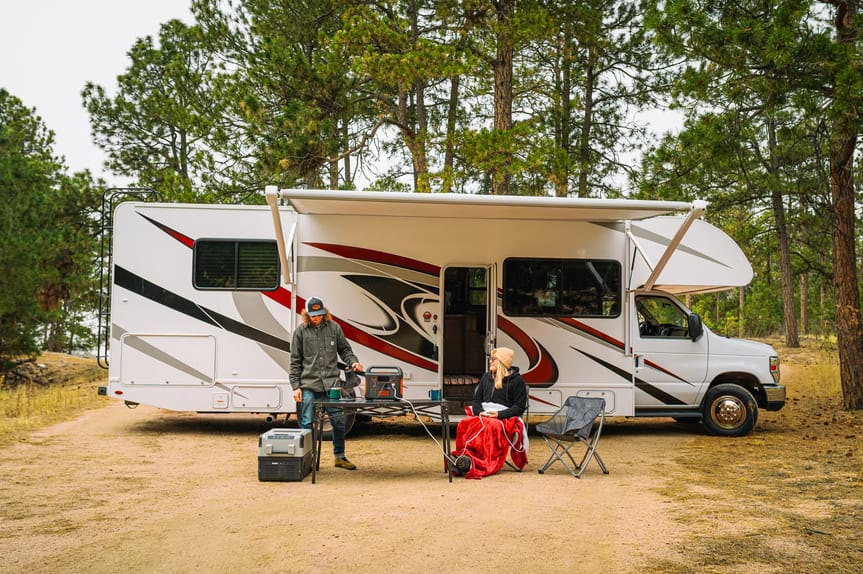Generators are a great way to provide backup power during an emergency, and there are two main types of generators: diesel and gasoline-powered.
Here we’ll take a look at the pros and cons of each type so that you can make an informed decision about which one is right for you. Let’s explore.
Diesel Generators 101
Diesel generators are powered by, you guessed it, diesel fuel. Diesel is a type of petroleum distillate that typically contains 10-15% more energy than gasoline.
This means that a diesel generator will usually be able to run for longer on the same amount of fuel as a gasoline generator. A portable diesel generator also tends to be more durable and reliable than its gasoline counterparts.
This is because diesel engines are built to withstand higher compression ratios, which results in less wear and tear. However, there are some drawbacks to diesel generators.
Firstly, they can be more expensive to purchase and maintain than gasoline generators. Secondly, they can be louder and produce more vibration than gasoline generators.
Diesel Generators Pros and Cons
The pros of diesel generators are that diesel generators are more durable and can run for longer than gasoline generators.
However, the cons of diesel generators are that they can be more expensive to purchase and maintain, and they may be louder and produce more vibration than gasoline generators.
For example, if you are looking for a generator to power your home during an emergency, a diesel generator may be the better choice.
However, if you are looking for a generator to take camping or use for occasional power outages, a gasoline generator may be more suitable.
Gasoline Generators 101

Gasoline generators, as you might have guessed, are powered by gasoline. Gasoline is a type of petroleum distillate that is typically less expensive than diesel fuel.
Gasoline generators are usually lighter and more portable than diesel generators, making them a great choice for those who need a generator that is easy to move around.
However, gasoline generators tend to be less fuel-efficient than diesel generators and they also require more maintenance.
Gasoline Generators Pros and Cons
The pros of a gasoline generator are that they’re typically less expensive than diesel generators, lighter, and more portable.
They are less expensive because the fuel is less expensive and the engines don’t require as much maintenance.
The cons of a gasoline generators are that they’re typically less fuel-efficient than diesel generators, produce more vibration and noise, and require more maintenance.
The Use of Diesel Generators
Diesel generators are often used in emergencies where long-term power is needed. For example, diesel generators can be used to power hospitals or other critical infrastructure during a power outage.
Diesel generators are also commonly used on construction sites or in other industrial settings. Additionally, some people choose to use diesel generators as backup power for their homes or businesses.
For example, if you live in an area that is prone to hurricanes or other severe weather, a diesel generator can provide peace of mind by ensuring that you have a backup power source in case of an outage.
The Use of Gasoline Generators
Gasoline generators are often used in less critical situations where portability is more important than long-run time. For example, gasoline generators can be used to power tools on a construction site or to provide temporary power at an outdoor event.
Additionally, some people choose to use gasoline generators as backup power for their homes or businesses.
However, because gasoline generators require more maintenance and produce more vibration and noise, they are not always the best choice for this purpose.
[su_note note_color=”#feefd9″]Related: DIY Solar Generator Kit[/su_note]
Which Generator Is Right For You?

The right generator for you will depend on your needs and budget. If you need a generator that is durable and can run for long periods without needing to be refueled is, then a diesel generator a good choice.
If you need a generator that is lighter and more portable, then a gasoline generator is a good choice. For example, a portable gasoline generator might be a good choice for camping or tailgating, while a diesel generator would be a better choice for powering a construction site or agricultural equipment.
Additionally, the price of diesel and gasoline can also influence your decision. If you are looking for the most affordable option, then a gasoline generator is typically the better choice.
However, if you are looking for a generator that will run for long periods without needing to be refueled, then a diesel generator is usually the better choice.
When it comes to choosing between a diesel and gasoline generator, there is no one-size-fits-all answer. The right choice for you will depend on your individual needs and budget.
We hope that this article has helped you to better understand the pros and cons of each type of generator so that you can make an informed decision about which one is right for you.
